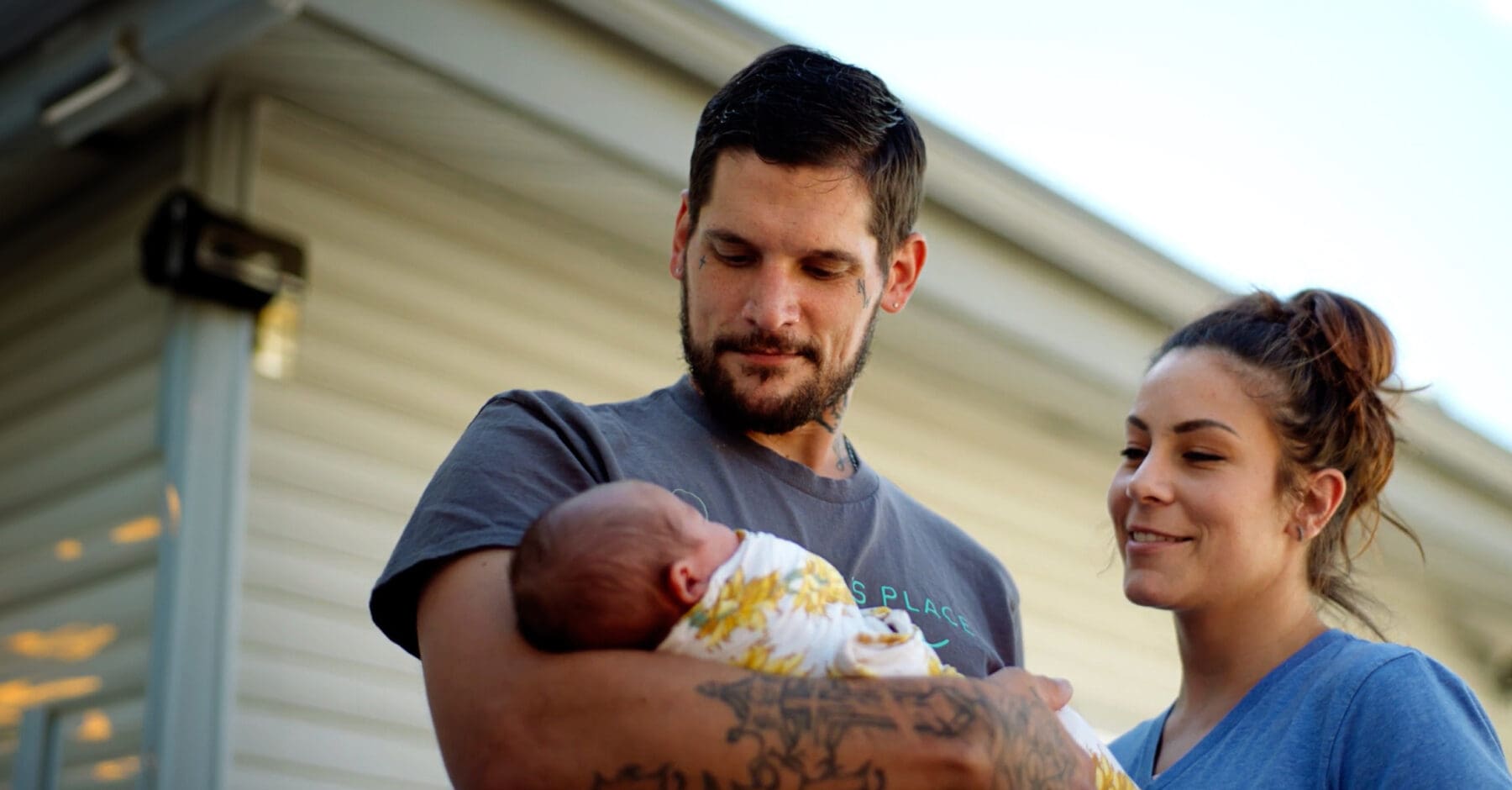
Premera Social Impact
Well. Beyond.
This is the story of how Premera Blue Cross and our partners worked to break down barriers and improve the health of historically underserved communities.

Premera Social Impact
This is the story of how Premera Blue Cross and our partners worked to break down barriers and improve the health of historically underserved communities.